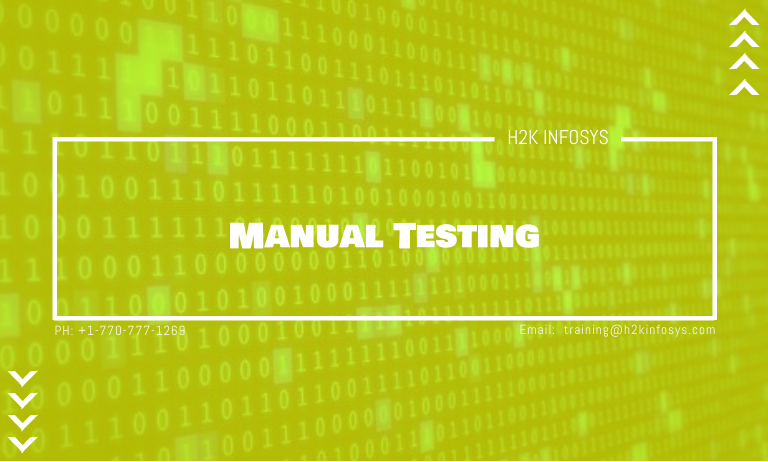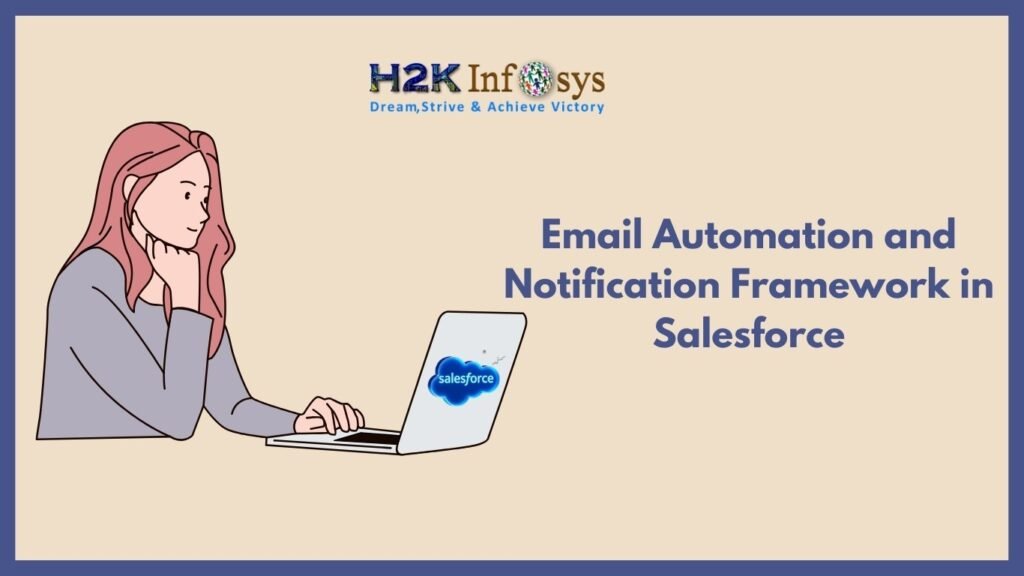Introduction
A Sales Analyst focuses on collecting, analyzing, and interpreting sales data to help businesses make informed decisions. The role requires a blend of business knowledge, analytical thinking, and technical tools such as Excel, SQL, Tableau, and CRM platforms.
Responsibilities typically include:
- Analyzing sales trends and KPIs
- Creating sales forecasts
- Recommending pricing or promotional strategies
- Supporting the sales team with performance insights
- Creating reports and dashboards for stakeholders
A Business Analyst looking to work in this niche must be proficient in data handling, communication, and problem-solving.
Key Competencies Interviewers Look For
When hiring a Sales Analyst, interviewers seek a blend of technical expertise, analytical ability, and business acumen. Understanding these key competencies can help you tailor your responses to match what employers are truly looking for. Check out BA Course to learn more.
First and foremost is data analysis proficiency your ability to work with large datasets, extract insights, and make data-driven recommendations. This includes familiarity with tools like Excel, SQL, Tableau, and CRM systems such as Salesforce.

Business knowledge is equally important. Interviewers want candidates who understand sales cycles, key performance indicators (KPIs), and customer behavior. You should be able to interpret sales trends, identify market opportunities, and support strategic decisions.
Strong communication skills are essential. Sales Analysts often work cross-functionally with sales, marketing, finance, and executive teams. Your ability to explain complex findings in a clear, actionable way is a major asset.
Additionally, employers value problem-solving, attention to detail, and the ability to manage multiple tasks under tight deadlines. Demonstrating adaptability in dynamic environments, especially during forecasting and planning cycles, is crucial.
Finally, showing that you are results-oriented, proactive, and curious about business performance sets you apart as a top candidate. Interviewers want someone who can not only analyze but also drive impact.
General Interview Questions
These questions assess your overall BA background and fit for a Sales Analyst role.
Can you describe your experience as a Business Analyst?
Tip: Highlight sales-related projects, cross-functional collaborations, and your impact on business outcomes.
What interests you about becoming a Sales Analyst?
Sample Answer:
“I enjoy working with numbers and discovering patterns that lead to strategic decisions. Sales analysis allows me to combine my business acumen and analytical skills to drive revenue growth and efficiency.”
How do you prioritize tasks in a fast-paced sales environment?
Tip: Mention frameworks like MoSCoW, Eisenhower Matrix, or Agile sprint planning.
Sales Data Analysis Questions
These questions test your ability to work with sales metrics and data sets.
What KPIs do you track as a Sales Analyst?
Sample Answer:
“I regularly track revenue, sales volume, average order value, conversion rate, customer acquisition cost (CAC), customer lifetime value (CLTV), and sales pipeline health.”
How would you analyze declining sales in a product line?
Answer Strategy:
- Compare current vs. historical sales
- Review seasonality and market conditions
- Analyze pricing changes or competitor behavior
- Evaluate campaign effectiveness
- Review customer feedback
What’s your approach to forecasting sales?
Tip: Discuss historical trend analysis, moving averages, regression models, or machine learning tools like Prophet or Python libraries (if applicable).
Tools and Technical Skill Questions
Interviewers expect you to demonstrate hands-on experience with tools that support sales analytics.
How proficient are you in Excel? Which functions do you use most?
Sample Answer:
“I use Excel extensively for data cleaning, pivot tables, VLOOKUP/XLOOKUP, IF statements, data visualization (charts), and advanced functions like INDEX-MATCH, SUMIFS, and macros for automation.”
Can you write a SQL query to find the top 5 products by revenue?
Sample Query:
sqlCopyEditSELECT product_name, SUM(revenue) AS total_revenue
FROM sales
GROUP BY product_name
ORDER BY total_revenue DESC
LIMIT 5;
How have you used Tableau or Power BI for sales analysis?
Answer Tip: Mention dashboards built to monitor performance, trends, pipeline metrics, or territory-based reports. Discuss filters, drill-downs, and visualization types.
Scenario-Based Questions
These test real-world thinking and problem-solving.
A sales region underperformed last quarter. How would you investigate the issue?
Approach:
- Analyze region vs. others
- Look at rep performance, customer churn, and product mix
- Assess lead sources and campaign impact
- Check supply chain or delivery issues
Your forecast is off by 15% what do you do?
Sample Answer:
“I would investigate the assumptions and input variables, validate data integrity, check for recent changes in the market, and revise the model while informing stakeholders about potential corrective actions.”
Behavioral Questions
These questions evaluate how you work under pressure and collaborate.
Tell me about a time you used data to influence a sales decision.
Tip: Use the STAR method (Situation, Task, Action, Result). Highlight business impact.
Sample:
“I noticed a drop in conversion rates for a key campaign. I analyzed the funnel data and identified a poorly performing landing page. After recommending and testing improvements, conversions increased by 12%.”
Describe a challenging stakeholder conversation and how you handled it.
Sample Answer:
“In one instance, a sales manager disagreed with the quarterly forecast. I walked through the data assumptions, provided historical trends, and created alternative scenarios. This built trust and helped align our expectations.”
Business Acumen and Strategy Questions
Sales Analysts must think beyond numbers and understand how to drive value.
How would you advise the sales team on underperforming SKUs?
Sample Answer:
“I’d analyze profitability, sales frequency, and customer feedback. Based on insights, I might suggest bundling products, promotional discounts, or removing unprofitable SKUs.”
How do you assess the performance of a sales campaign?
Key Metrics:
- Campaign ROI
- Conversion rate
- Lead quality and source
- Sales uplift during and after campaign
- Customer retention and repeat sales
How do you align sales analysis with overall business goals?
Tip: Explain how you translate sales insights into strategic actions, work with marketing/product teams, and focus on revenue and customer experience metrics.
Tips to Prepare for the Interview
To stand out in your Sales Analyst interview, consider these preparation strategies:
Understand the Business Context
One of the most critical steps in preparing for a Sales Analyst interview is to understand the business context of the company you’re applying to. This means researching the organization’s products, services, target markets, customer segments, sales channels, and recent performance. Knowing how the company generates revenue, who its competitors are, and what challenges it faces allows you to tailor your answers to show strategic alignment.
In interviews, demonstrate that you’ve done your homework by referencing relevant business trends, product launches, or market shifts. If possible, analyze the company’s sales or marketing approach and propose how data analysis could enhance its performance.

This level of preparation shows initiative, business acumen, and a genuine interest in the role. It also positions you as a problem-solver who can not only analyze data but also interpret it within the company’s unique environment making you a more compelling and credible candidate.
Brush Up on Key Tools
To excel in a Sales Analyst interview, it’s essential to brush up on key tools that are commonly used in data analysis and reporting. These include Excel, SQL, Tableau (or Power BI), and CRM platforms like Salesforce. Employers expect Business Analysts to be hands-on with data and capable of independently performing tasks such as extracting sales reports, creating dashboards, and identifying performance trends.
Start with Excel, focusing on formulas like VLOOKUP, XLOOKUP, INDEX-MATCH, pivot tables, data validation, conditional formatting, and creating dynamic reports. These are vital for daily sales reporting and ad-hoc analysis.
Next, practice SQL queries for retrieving and aggregating sales data especially SELECT, JOIN, GROUP BY, and filtering commands. Be prepared to write or explain a query during the interview.
Visualization tools like Tableau or Power BI help translate complex data into actionable insights. Know how to build sales dashboards, apply filters, and present KPIs effectively.
Familiarity with CRM systems is also useful, especially if the company uses tools like Salesforce to manage pipelines, opportunities, and customer data.
Refreshing these skills not only boosts confidence but also proves that you’re technically capable of delivering immediate value in a Sales Analyst role.
Use the STAR Technique
The STAR technique is a powerful method for answering behavioral interview questions in a structured and impactful way. STAR stands for Situation, Task, Action, and Result a format that helps you clearly communicate your experience and achievements.
Start by describing the Situation you were in. Provide context so the interviewer understands the background. Then, explain the Task what responsibility or challenge you faced. Next, detail the specific Actions you took to address the problem, emphasizing your role, skills used, and decision-making process. Finally, highlight the Result what was achieved, improved, or resolved because of your actions.
For example, if asked, “Tell me about a time you improved a sales report,” you could outline how you identified reporting gaps (Situation), were tasked with redesigning the report (Task), used Excel pivot tables and formulas (Action), and ultimately reduced reporting time by 30% and improved accuracy (Result).

Using the STAR method ensures your answers are clear, concise, and focused on outcomes something interviewers highly value. It also helps you stay confident and organized, especially when discussing complex experiences. Practicing STAR responses for common scenarios can significantly improve your performance in Sales Analyst interviews.
Prepare Business Scenarios
One of the best ways to stand out in a Sales Analyst interview is to prepare real or hypothetical business scenarios that demonstrate your analytical thinking and problem-solving skills. Concepts learned through an Online Business Analyst Course can help you confidently tackle situational questions like, “How would you analyze a drop in regional sales?” or “What metrics would you track for a new product launch?”
Having structured scenarios ready shows that you can apply your knowledge to real-world challenges. Use examples where you analyzed sales trends, optimized reporting, improved forecasting accuracy, or supported pricing decisions. Clearly explain the context, your approach, tools used (like Excel, SQL, or Tableau), and the impact your insights had on the business.
If you don’t have direct sales experience, adapt scenarios from related areas marketing, finance, or operations and highlight transferable skills. Practicing these scenarios in advance prepares you to answer confidently and convincingly, showcasing both your technical and business acumen.
Practice Live Exercises
Many Sales Analyst interviews now include live exercises to assess your hands-on skills in real time. These may involve writing SQL queries, analyzing spreadsheets, creating visual dashboards, or interpreting sales data. Practicing these tasks in advance ensures you’re not caught off guard during the interview.
Focus on common activities like filtering data in Excel, building pivot tables, joining tables using SQL, or designing a sales performance dashboard in Tableau. Time yourself to simulate real interview conditions. Demonstrating your ability to work accurately and efficiently under pressure proves that you’re job-ready and capable of handling real business scenarios.
Final Thoughts
Preparing for a Sales Analyst interview as a Business Analyst requires a unique blend of domain knowledge, analytical expertise, and effective communication. While traditional Business Analyst roles focus heavily on gathering requirements and improving processes, the Sales Analyst role demands a deeper connection with numbers specifically, interpreting sales data to drive business outcomes. Learn BA Training to get certified in BA.
Understanding core sales metrics like revenue trends, customer acquisition cost, conversion rates, and customer lifetime value is crucial. However, it’s not enough to simply report numbers. Employers are looking for analysts who can derive insights, identify opportunities, and propose actionable recommendations. Your ability to connect data with strategic decisions is what will truly set you apart.
Equally important is your technical proficiency. Tools like Excel, SQL, and Tableau are essential in sales analysis. Be prepared to demonstrate your skill in using these tools to solve real-world problems. Whether it’s writing a query to extract top-performing products or building a dashboard to track sales KPIs, showcasing your hands-on experience adds tremendous value during interviews.
Soft skills, too, should not be underestimated. Communicating complex findings to non-technical stakeholders, resolving conflicting views, and collaborating with sales and marketing teams are all part of the job. Employers want someone who can influence decisions with data and communicate findings clearly across departments.
Finally, no amount of preparation is complete without mock interviews and scenario-based practice. Rehearsing common questions, preparing real-world case studies, and mastering the STAR (Situation, Task, Action, Result) method will boost your confidence and readiness.
In summary, a successful Sales Analyst interview demands a comprehensive approach data fluency, business acumen, tool expertise, and effective communication. By focusing on the questions in this guide, reflecting on your own experiences, and tailoring your answers to each company’s needs, you position yourself as a valuable asset ready to drive growth and performance.
Stay confident, stay curious, and always back your answers with insight and impact. Your next sales analyst role could be one strong interview away.


























